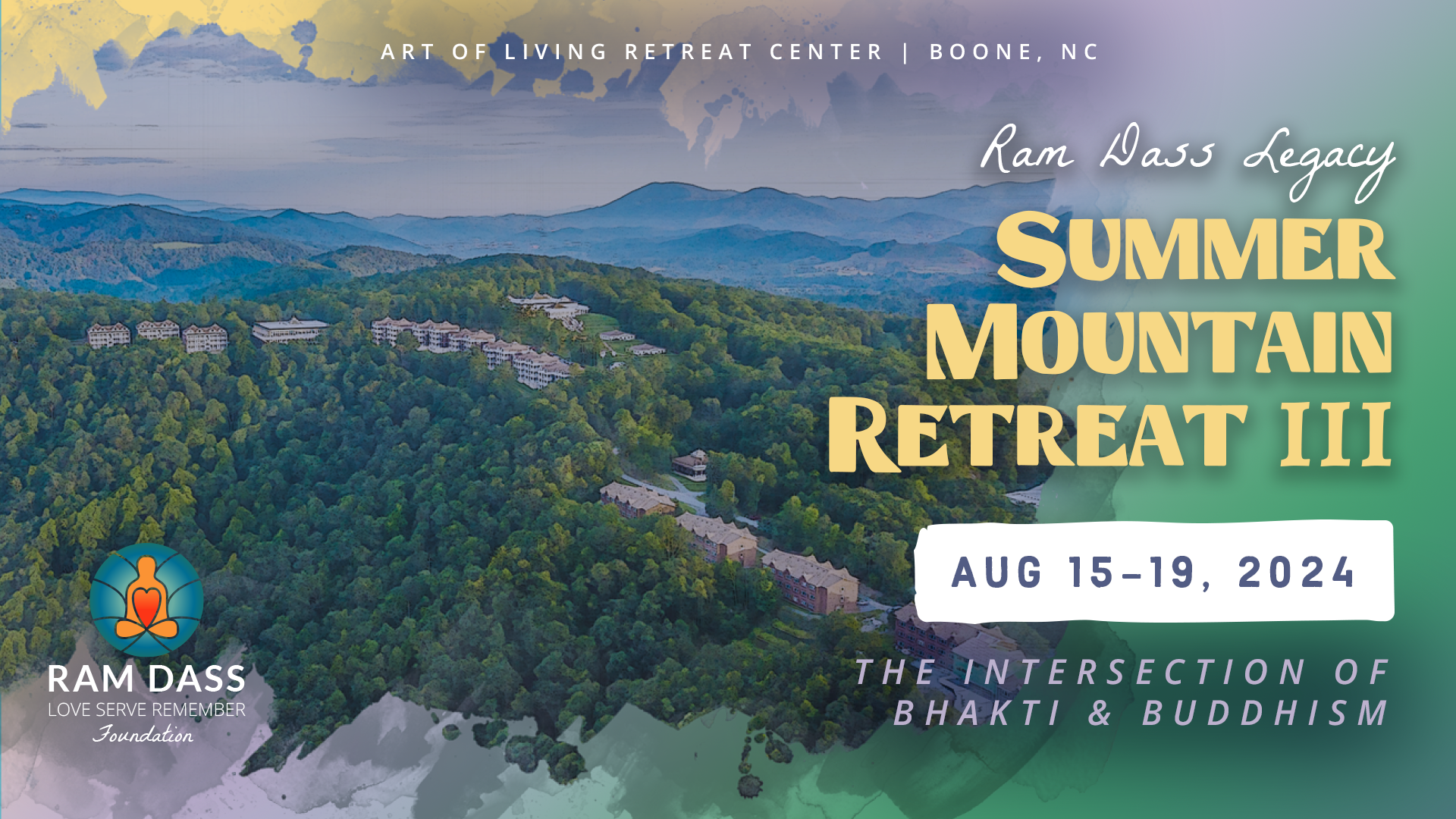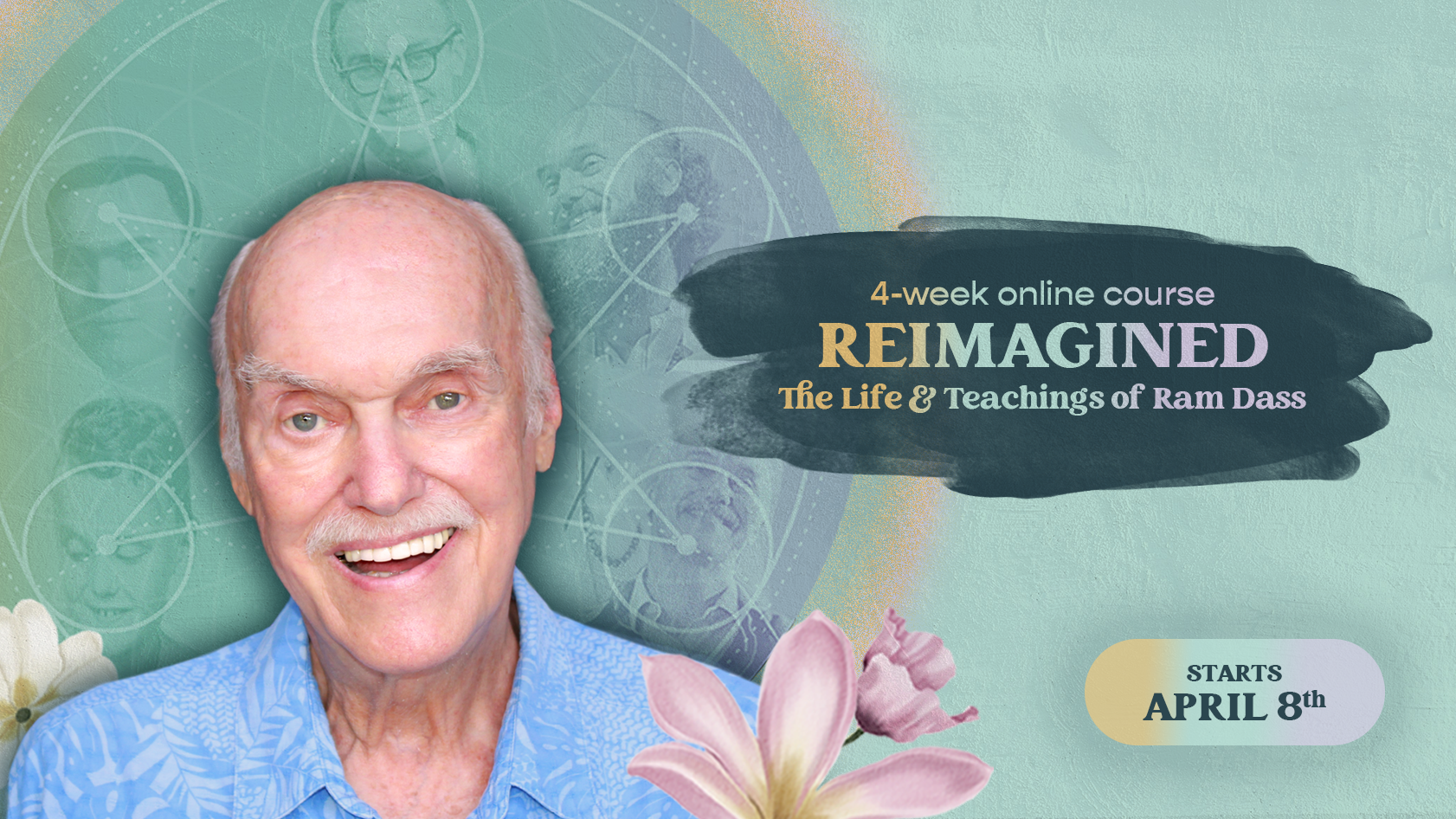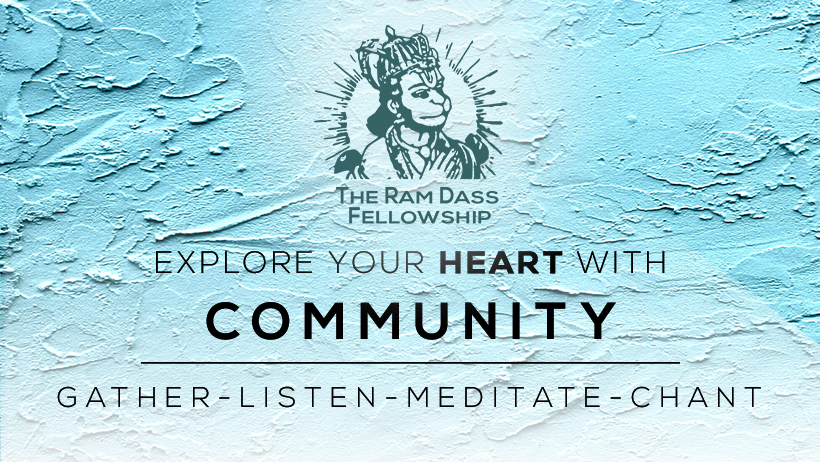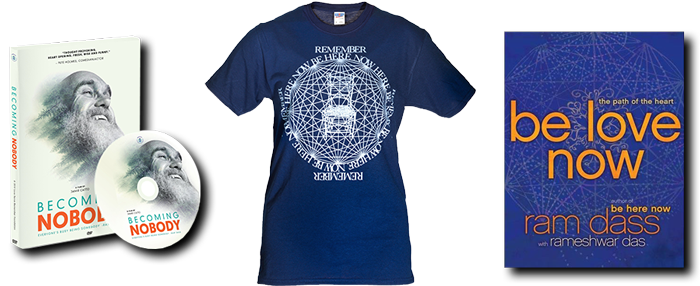It always boils down to this question: How did we get so attached in the first place, or why? I have really nothing but a cop-out answer for that. I mean not a clear answer because, just as I said, ultimately the laws of the universe are not rationally knowable, because they are not within the logical rational system, since that is a subsystem, and there is a meta-system of which that’s all part, which includes paradox and opposites. Almost every religion ultimately says, “That question cannot be asked or answered.” Like in Judaism there is a statement “In the beginning,” and they say that of all the things the Talmudic scholar can study – the scholar of Torah – that is the one thing that a teacher cannot teach him, nor can a book help him with. He can only know that through meditation you go inward to the place where you are the answer, but you don’t know the answer. In other words, Buddha’s answer in very gross terms is “It’s none of our business” – our business in the sense of the person who asks and answers questions.
I can give you hundreds of answers that have been given by religions around the world to that question. Why did it all begin? Why is there suffering? Why did it go from zero into the one into the many? You know, in some systems it is cyclical. It’s just going, and going, going, from the zero to the one to the many, back to the one, back to the zero, and on and on and on. From another place, nothing is happening, because it is all still in time. And a few levels out you are not in time any more, and then it always has been and it always was and it always will be, and nothing has happened yet. I mean there are so many game levels to answer that from, and my answer is that at the level I am at, I just don’t know. I don’t know. It doesn’t mean it isn’t knowable; it’s just that I don’t know it.
It’s always the question you are finally forced to: So why did it all begin? What’s it all about? It’s just like the meaning of suffering. There is a certain stage… where you are trying to avoid suffering, and you are afraid of death. So your whole philosophy in life is built on the fear of suffering and the fear of death. Then you get to a place where you have seen a little more, and you are not so afraid of death. You’re sort of mildly curious about it. Then you get to a place where you start to see that suffering is purification: it’s like the fire that gets you straight. It’s like a prerequisite for this work. And then at that point suffering takes on a whole new meaning for you and you have a whole new way of looking at the universe. Like I was just with this boy, twenty-three years old, who was dying of Hodgkin’s disease out in California, and he and I were talking about his impending death and preparation for it. Very calm, right here. I could see that the people around him were saying, “Isn’t it terrible that a person so young should die?” But I don’t feel that at all. My feeling is, how do I know when a person has finished his work? I don’t know what his work is. It would only be my fear of death that would make me want to keep that person alive, longer and longer and longer. Otherwise I would just want to hear how it came out. I’m not attached.
Imagine that this is a training program, a training school – and it’s not even a very exciting training school, it’s one of the lower-level ones. Suppose a person has very little to do, and they can do it in about three years. So they come and they do it in three years, and at the end of three years they start to die of meningitis or whooping cough. And we say, “What kind of God could that be, that is taking that child from us now?” Well, that person, that being, has finished its work. That’s a whole different philosophical place from the place at which the person is moaning. Job in the Bible is a perfect example of this. “What are you doing to me, God?” God in effect could have answered, “Because you are my chosen.” You’re my chosen. Because suffering purifies. You get to the point like, when I suffer, I don’t choose to suffer – I’m not a masochist – but when I suffer, I am working with it rather than suffering. I am seeing the suffering. And as this philosophical position keeps changing, as you keep evolving in these positions, the answer to that question you ask keeps changing and the reason for asking the question keeps changing. At one point it’s a burden, then the next it’s a joy, then the next moment it’s nothing.
– Ram Dass, excerpt from The Only Dance There Is











Well put. I remember my grandmother telling me when I was young & asked her why God allows suffering, her answer to me was, “there are some things we will never know & aren’t suppose to.